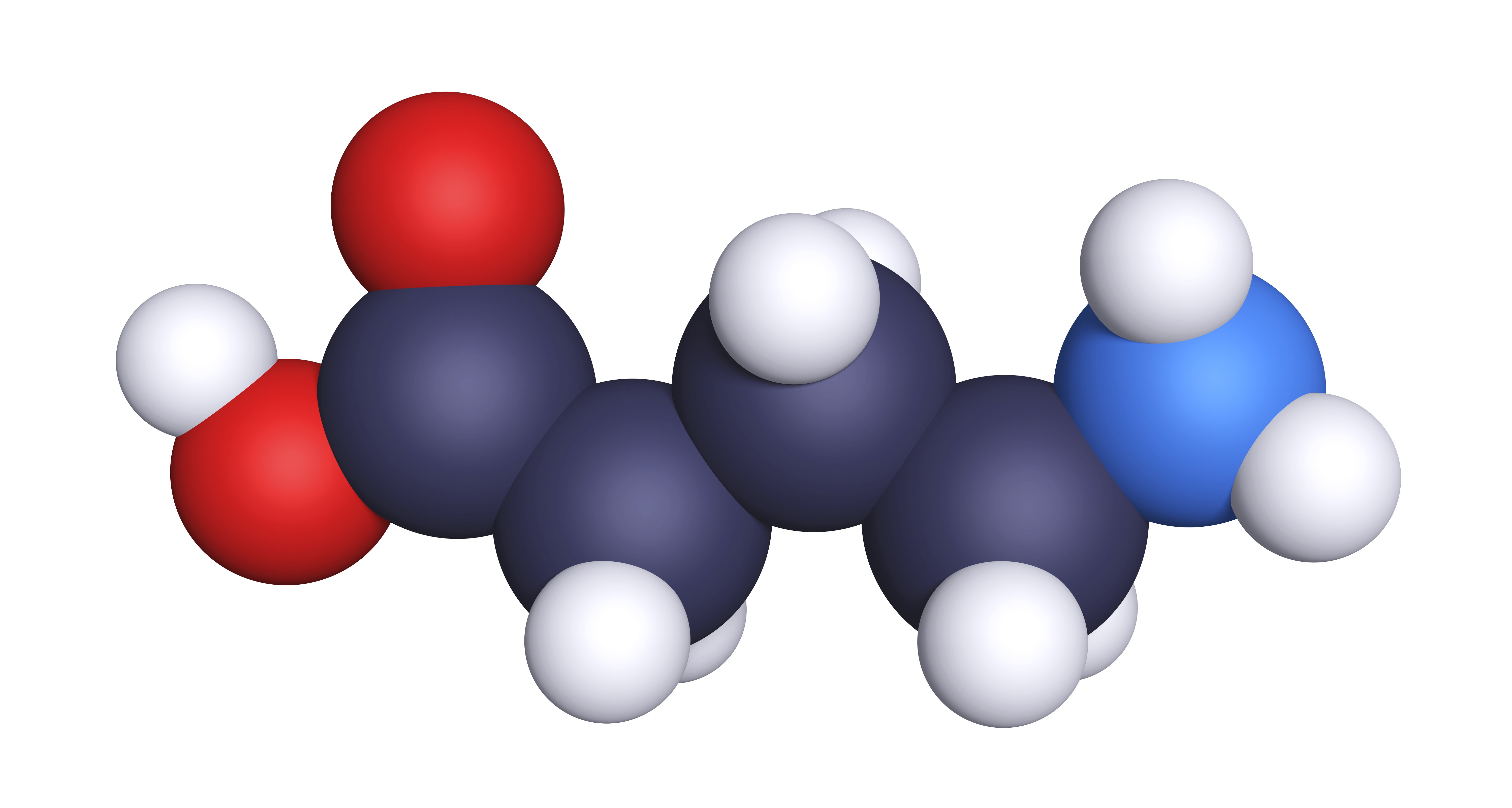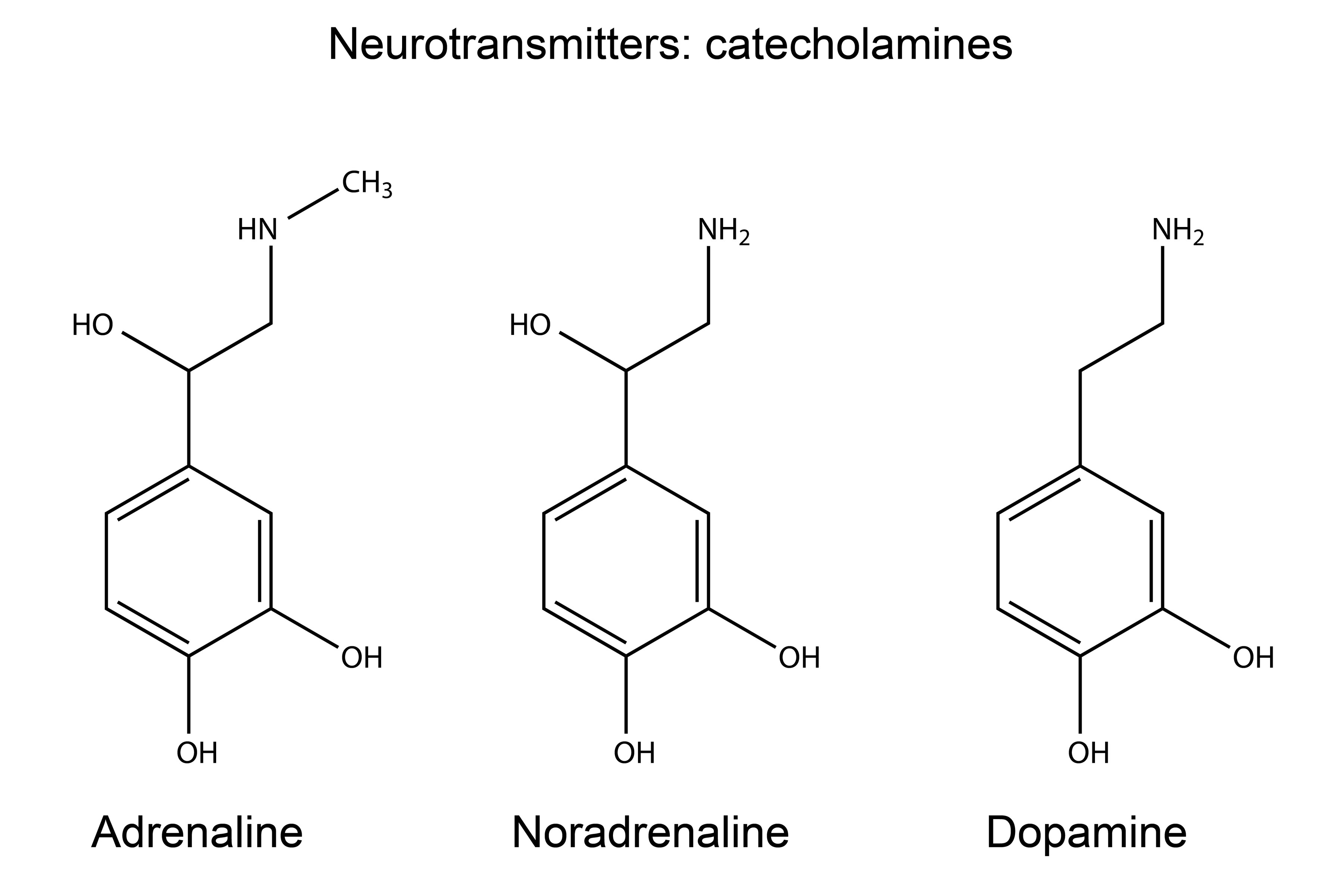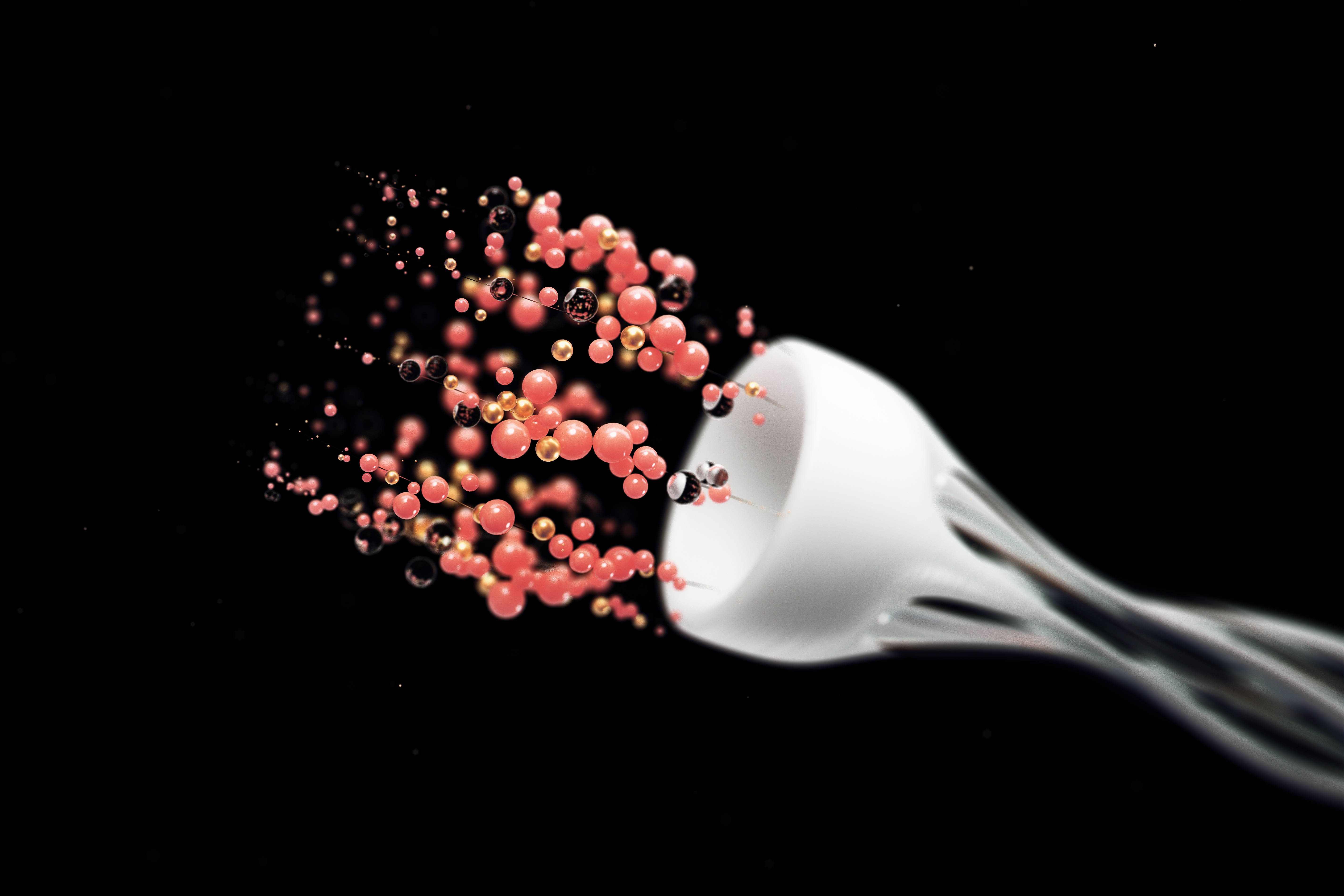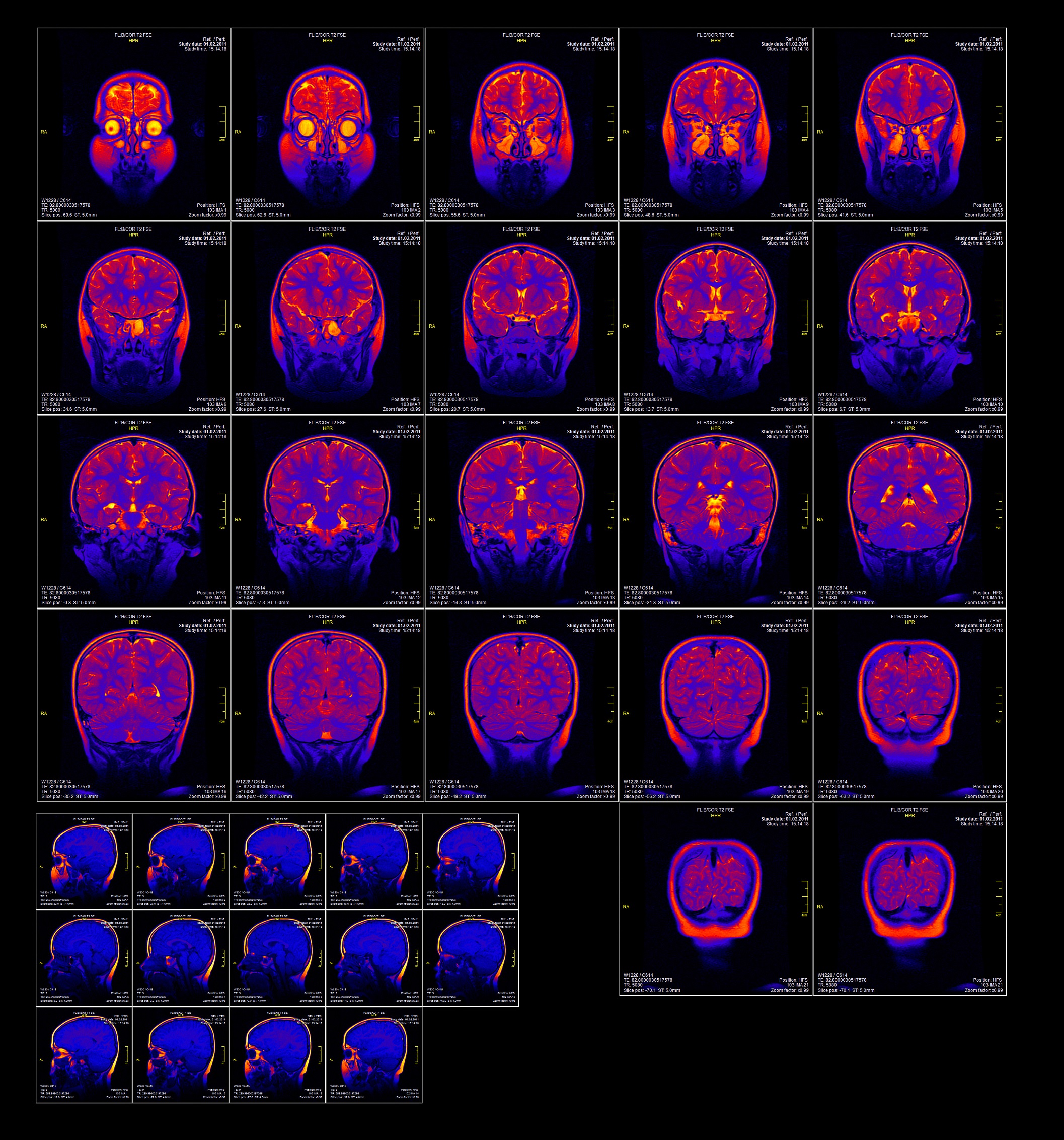Topics tagged with "Neurotransmitters"

GABA
What is gamma-aminobutyric acid (GABA) in PTSD? GABA is the most important inhibitor of neurotransmitters in the central nervous system and is often dysfunctional in people with mood disorders. It has also been investigated in people with PTSD. GABA can be measured via peripheral levels in plasma, via central levels in cerebrospinal fluid, and in brain regions using proton magnetic resonance spectroscopy. What is the evidence for changes in GABA in people with PTSD? Moderate to low quality evidence found no significant differences in brain GABA levels between people with PTSD and controls. August 2021 Image: ©Molecular Science – stock.adobe.com

Catecholamines
What are catecholamines in PTSD? Catecholamines are a group of neurotransmitters that include dopamine, norepinephrine, also called noradrenaline, and epinephrine, also called adrenaline. The sympathetic nervous system stimulates the release of catecholamines to mediate adaptive responses to acute stress. Catecholamines are also linked to long-term memory of events that induce strong emotions, including fear. Stress-responsive neurotransmitters released during emotional arousal are thought to enhance the consolidation of fear memory. Hyperresponsiveness in the dopaminergic system is common in individuals who have been exposed to stress, which was associated with PTSD symptoms such as restlessness, nightmares, fear memory, and impulsivity. Over activation…

Serotonin
What is serotonin in bipolar disorder? The serotonergic system is a diffuse network in the central nervous system that plays a major role in mood regulation, particularly low mood and depression. The main agents for treating depression are antidepressants, including selective serotonin reuptake inhibitors or combined serotonin/noradrenaline reuptake inhibitors. The mechanisms of these antidepressants result in increased synaptic levels of serotonin and/or noradrenaline. What is the evidence for serotonin changes in people with bipolar disorder? Moderate quality evidence suggests increases in serotonin receptors (5-TH1R) in the hippocampus, parahippcampus, and amygdala of people with acute bipolar depression compared to controls. There…

NMDA receptor function
What are NMDA receptors in bipolar disorder? An N-methyl-d-aspartate (NMDA) receptor consists of several subunits; the NR1 subunits that bind coagonists glycine and d-serine, the NR2 subunits that bind the neurotransmitter glutamate, and the NR3 subunits that bind glycine. The NMDA receptor is activated by binding glutamate and a coagonist. Glutamate is the major excitatory neurotransmitter in the brain and is crucial to normal brain function. In bipolar disorder, there may be changes in levels of glutamate and its metabolites (e.g. glutamine), and changes in levels or activity of mechanical components of the NMDA receptor system, such as the receptors…

Neurometabolites
What are neurometabolites in bipolar disorder? Products of normal chemical metabolism may be altered in bipolar disorder. Changes in metabolite levels may be indicative of altered biochemical activity. Magnetic resonance spectroscopy (MRS) has been used to measure levels of metabolites, such as N-acetylaspartate (NAA), creatine (Cr), trimethylamines/ choline containing compounds (Cho) and glutamine (Gln). These derivatives are indirect indicators of biochemical activity. Alteration in levels of NAA/Cr is associated with the protective myelin sheath surrounding neurons, which is used as a marker of neural cell viability. Decreased levels of NAA are associated with neuron death, or injury to the part…

GABA
What is GABA in bipolar disorder? Gamma-aminobutyric acid (GABA) is one of the most important inhibitors of neurotransmitters in the central nervous system. GABA is thought to be dysfunctional in people with depression and other affective disorders, with reduced levels found in human postmortem studies. GABA can also be measured via peripheral levels in plasma, via central levels in cerebrospinal fluid, and in particular brain regions using proton magnetic resonance spectroscopy. What is the evidence for changes in GABA levels in people with bipolar disorder? Moderate to high quality evidence shows a medium-sized effect of reduced levels of GABA in…
Green - Topic summary is available.
Orange - Topic summary is being compiled.
Red - Topic summary has no current systematic review available.